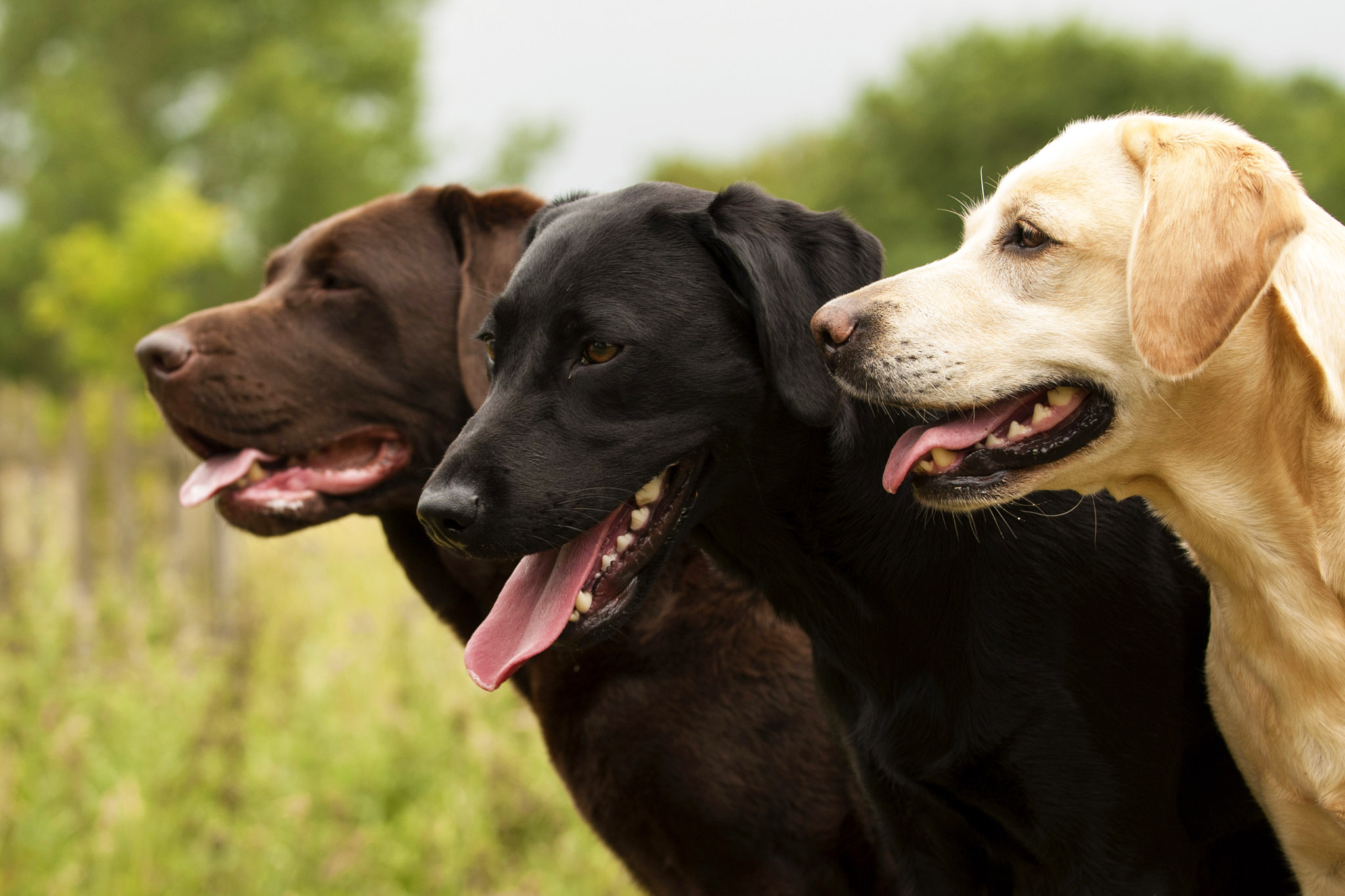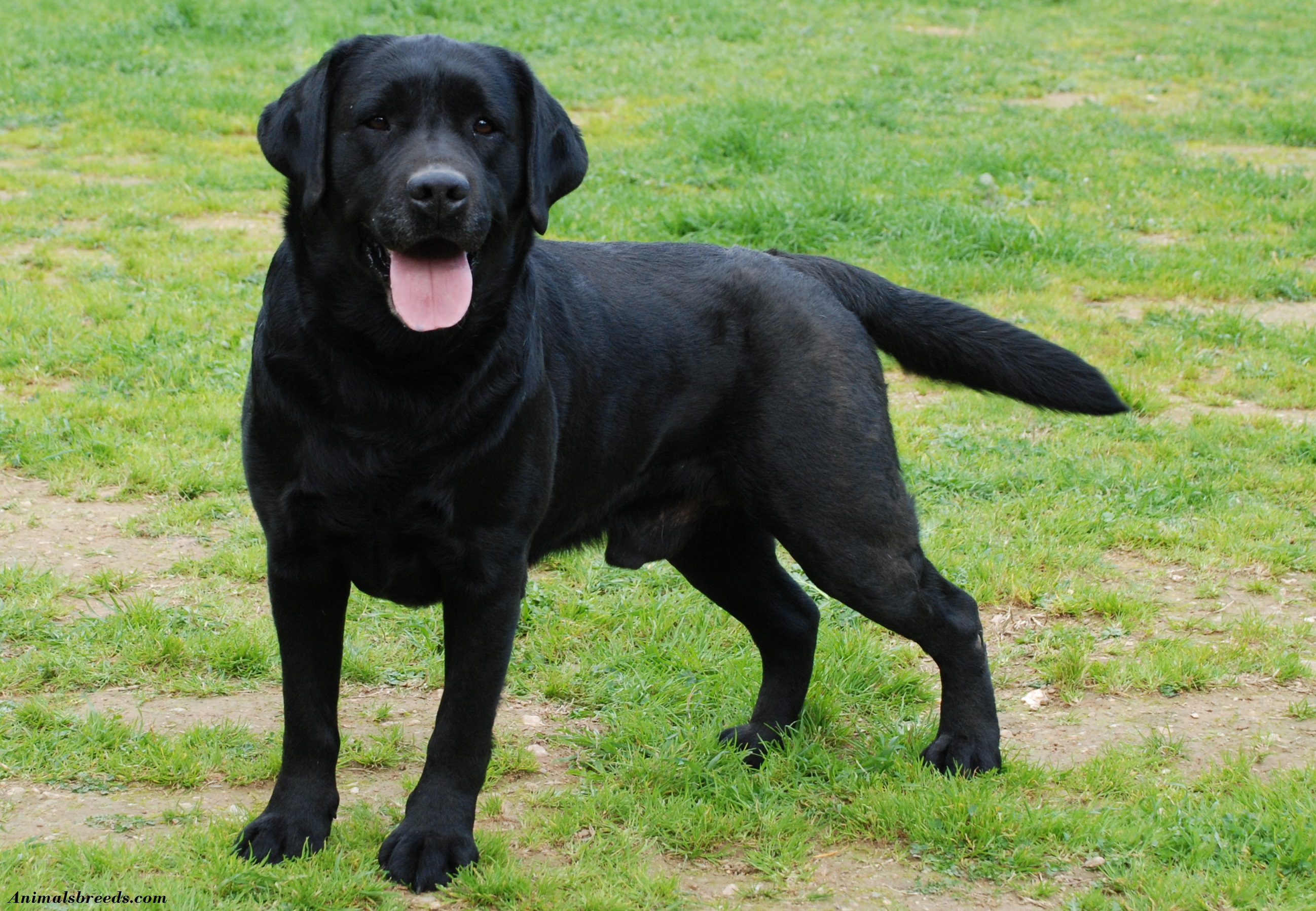Labrador Retrievers: Their Amazing Sense of Smell
Introduction: A Complex Scent World
Labrador Retrievers, renowned for their affectionate nature and playful personalities, possess an extraordinary sensory endowment: a highly developed sense of smell. This remarkable ability allows them to decipher complex scent profiles, making them invaluable companions for hunting, search and rescue operations, and other specialized tasks. In this essay, we will delve into the complexities of Labrador Retrievers' sense of smell, exploring its biological basis, cognitive processes involved, training techniques, and practical applications.
The Biological Foundation
The olfactory system of Labrador Retrievers encompasses various specialized structures. The nasal passages, lined with a vast network of olfactory receptors, detect airborne scent molecules. These receptors, numbering in the hundreds of millions, are highly sensitive and capable of discerning a wide range of volatile compounds. Once detected, the receptors transmit electrical signals to the olfactory bulb, where they undergo further processing and recognition.
Cognitive Processing of Scents
The cognitive processing of scents in Labrador Retrievers involves several neural circuits. The primary olfactory cortex, located in the temporal lobe, is crucial for identifying and categorizing odors. The amygdala, a brain region associated with emotional processing, plays a role in associating odors with memories, motivations, and rewards. These complex cognitive processes enable Labrador Retrievers to not only detect scents but also to interpret and respond to them appropriately.
Receptor Diversity and Specialization
Labrador Retrievers possess a highly diverse olfactory receptor repertoire, allowing them to detect a vast array of scents. Specific receptors are tuned to particular molecules, enabling them to discriminate between similar odors. In addition, specialized receptors have been identified for detecting specific substances, such as explosives or narcotics, making them indispensable in search and rescue operations. This receptor diversity underscores the exceptional olfactory abilities of Labrador Retrievers.
Training and Applications
Harnessing the innate olfactory abilities of Labrador Retrievers requires proper training. Positive reinforcement techniques are commonly employed to teach them to associate specific scents with rewards. This training process strengthens the neural connections between scent recognition and desired behaviors. Trained Labrador Retrievers are highly effective in detecting narcotics, explosives, or missing persons, demonstrating their practical value in law enforcement, military, and search and rescue operations.
Perspectives and Societal Impact
The value of Labrador Retrievers' sense of smell has sparked controversies. While their sensory capabilities have revolutionized detection and rescue efforts, concerns have been raised about potential misuse in profiling or infringing upon privacy. It is imperative to strike a balance between utilizing their olfactory abilities for the greater good while safeguarding ethical considerations and civil liberties.
Conclusion: A Sensory Marvel
In conclusion, Labrador Retrievers' sense of smell is a complex and remarkable sensory endowment. Their highly sensitive olfactory receptors, coupled with sophisticated cognitive processing, allow them to navigate a world rich in scents. Through training, their olfactory abilities can be harnessed for a wide range of practical applications in law enforcement, search and rescue, and other specialized tasks. Understanding the complexities of their sense of smell not only deepens our appreciation for the natural wonders of the animal kingdom but also underscores the importance of responsible and ethical practices when utilizing their extraordinary abilities.
The Brave Nature Of Yorkshire Terriers: Fun Facts
Beagles And Their Strong Instincts: Fun Facts
The Difference Between American Bobtails And Other Bobtail Breeds



